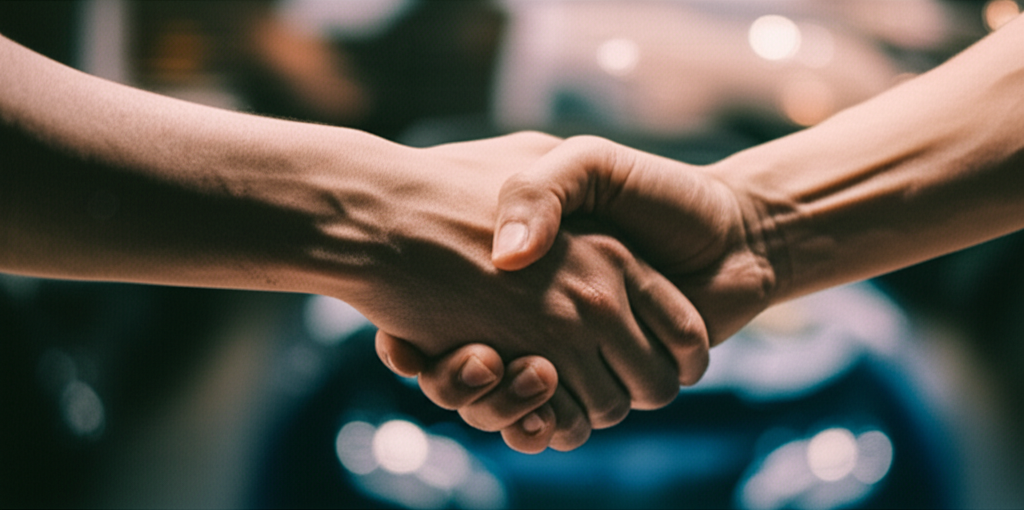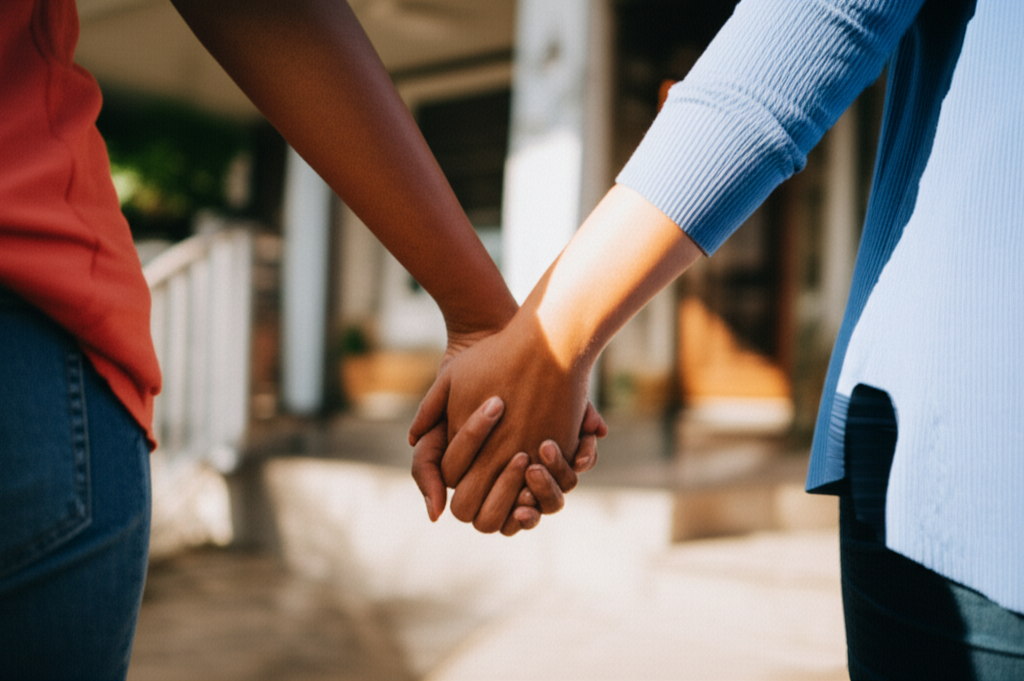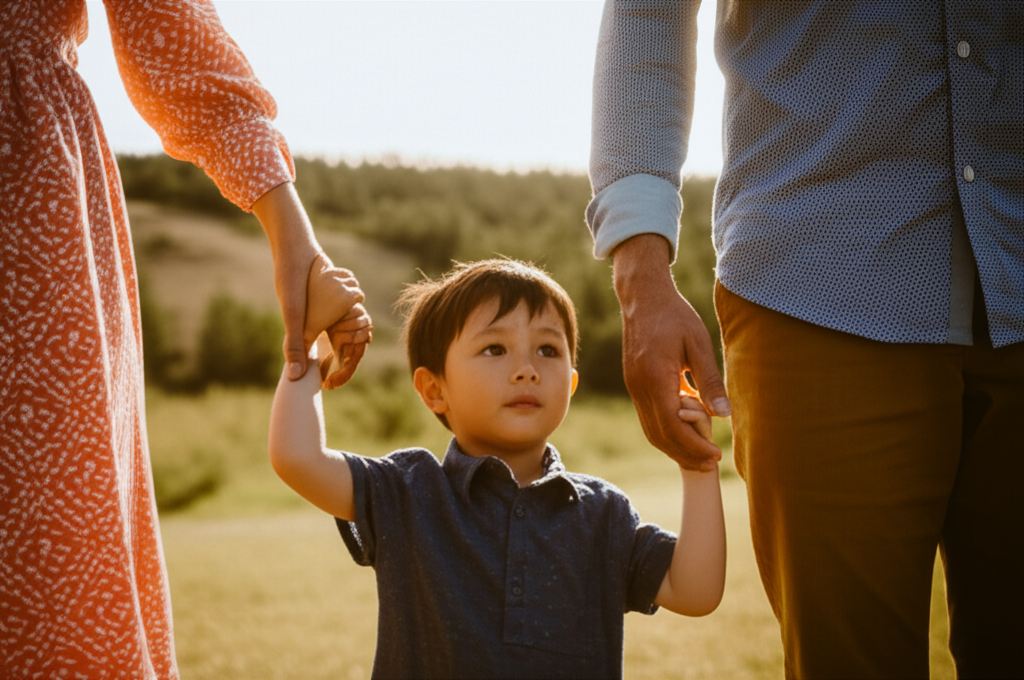Civil vs. Criminal Law: Key Differences Explained
Ellie Moore

Photo: Civil vs. Criminal Law: Key Differences Explained
Civil vs. Criminal Law: Key Differences Explained
Navigating the legal system can be a daunting task for many, especially when it comes to understanding the differences between civil and criminal law. Whether you're involved in a legal dispute or simply curious about how the justice system works, understanding these two branches of law is essential. In this article, we'll break down the key differences between civil and criminal law, explore their unique features, and provide you with a clearer understanding of how they function.
What is Civil Law?
Civil law deals with legal disputes between individuals, organizations, or government entities where one party seeks compensation or remedy for a wrong done by another. These cases are typically non-criminal in nature, focusing instead on resolving private conflicts over things like contracts, property, or personal injury.
Key Features of Civil Law
- Disputes Between Private Parties: The parties involved in civil cases are usually individuals or businesses. Common examples include a landlord suing a tenant for unpaid rent, a person suing for damages after a car accident, or a company filing a breach-of-contract lawsuit.
- Compensation or Remedy: Unlike criminal law, where the focus is on punishment, civil law usually aims to compensate the wronged party. If a plaintiff wins a case, they may receive monetary compensation or another type of remedy, such as the return of property.
- Burden of Proof: In civil cases, the burden of proof is lower than in criminal cases. The plaintiff only needs to prove their case "by a preponderance of the evidence," meaning it is more likely than not that the defendant is responsible for the harm. This is a significantly lower standard than in criminal law, where the prosecution must prove the defendant's guilt "beyond a reasonable doubt."
Common Civil Law Cases
- Personal Injury: If you're injured due to someone else's negligence, like slipping and falling in a store, you might file a civil lawsuit seeking compensation for medical bills, pain and suffering, or lost wages.
- Breach of Contract: If one party doesn't fulfill the terms of a contract, the other party may file a civil lawsuit to enforce the agreement or seek damages.
- Property Disputes: Civil law can also involve disagreements about property ownership, boundaries, or other rights related to land or assets.
What is Criminal Law?
Criminal law, on the other hand, deals with actions that are considered offenses against the state, society, or public order. It involves the prosecution of individuals or entities accused of violating the law, with potential penalties such as imprisonment, fines, or community service.
Key Features of Criminal Law
- State vs. Defendant: In criminal law, the government (prosecution) brings the case against the defendant. The state has an interest in prosecuting crimes to maintain public order and deter criminal behavior.
- Punishment and Rehabilitation: The primary aim of criminal law is to punish the wrongdoer and prevent future crimes. This can result in penalties such as jail time, probation, or fines. In some cases, rehabilitative measures may also be part of the sentence.
- Burden of Proof: The burden of proof is much higher in criminal cases. The prosecution must prove the defendant's guilt "beyond a reasonable doubt," which is a very stringent standard designed to protect the rights of the accused.
Common Criminal Law Cases
- Theft or Robbery: Criminal law often comes into play in cases involving theft, robbery, or burglary. These offenses are considered crimes against property and the state.
- Assault or Battery: Physical harm or the threat of harm against another person can result in criminal charges like assault or battery.
- Murder or Manslaughter: The most severe criminal offenses involve the unlawful taking of another person’s life, leading to charges like murder or manslaughter.
Civil vs. Criminal Law: Key Differences
While both civil and criminal law address wrongdoings, they serve different purposes and have different procedures. Below, we’ve summarized the major differences between the two.
1. Purpose
- Civil Law: Primarily seeks to resolve disputes between individuals or entities and provide compensation to the wronged party.
- Criminal Law: Aims to punish wrongdoers, deter criminal behavior, and protect public safety.
2. Parties Involved
- Civil Law: The parties are typically private individuals, businesses, or government entities. The person filing the lawsuit is called the plaintiff, and the party being sued is the defendant.
- Criminal Law: The case is brought by the state or government against an individual or organization. The state is the prosecutor, and the defendant is the individual or entity accused of committing a crime.
3. Outcome
- Civil Law: The outcome typically involves compensation for the victim or an order to resolve the issue (e.g., returning property or fulfilling a contract).
- Criminal Law: The outcome often results in a sentence of imprisonment, fines, probation, or other punitive measures.
4. Burden of Proof
- Civil Law: The burden of proof is lower ("preponderance of the evidence"), meaning that the plaintiff needs to show that their version of events is more likely than not to be true.
- Criminal Law: The prosecution must prove the defendant’s guilt "beyond a reasonable doubt," a much higher standard to ensure the defendant’s rights are protected.
5. Examples of Cases
- Civil Law: Personal injury claims, contract disputes, property disputes, family law issues.
- Criminal Law: Theft, assault, murder, drug offenses, and other crimes.
The Intersection of Civil and Criminal Law
While civil and criminal law operate separately, there are cases where the two areas overlap. For example:
- O.J. Simpson Case: In 1995, O.J. Simpson was acquitted of murder charges in a criminal trial but was found liable for wrongful death in a civil trial, highlighting how someone can be exonerated criminally but still held responsible in a civil court.
- DUI Offenses: A person arrested for driving under the influence (DUI) may face criminal charges, but the victim of an accident caused by the DUI driver may also file a civil lawsuit for damages.
How to Navigate Legal Issues: Tips for Individuals
Understanding whether your case falls under civil or criminal law can help you make informed decisions about how to proceed. Here are a few tips:
- Consult a Lawyer: If you're unsure whether your case is civil or criminal, consult with a lawyer who specializes in the relevant area of law. They can help you navigate the legal system and protect your rights.
- Know Your Rights: Whether you're a defendant in a criminal case or the plaintiff in a civil case, it’s essential to know your legal rights and the steps you need to take to protect yourself.
- Consider the Consequences: In criminal cases, the penalties can be severe, including jail time. In civil cases, while the penalties might be monetary, they can still significantly impact your financial situation.
Conclusion
Civil and criminal law may seem like two sides of the same coin, but they serve distinct purposes and have their own procedures. Understanding these differences can help you navigate the legal system more effectively, whether you're dealing with a personal injury case, a criminal charge, or any other legal issue. Always remember to consult with a lawyer who can guide you based on the specifics of your situation.
FAQ
1. Can someone be charged in both civil and criminal court for the same incident?
Yes, it is possible for the same incident to lead to both criminal and civil cases. For instance, in cases of assault, a person may face criminal charges for the offense and civil liability for damages.
2. What is the punishment in a civil case?
Punishments in civil cases typically involve monetary compensation, but a court may also order specific performance or an injunction depending on the nature of the case.
3. Can a criminal case turn into a civil case?
While criminal and civil cases are separate, the outcome of a criminal case can sometimes lead to a civil case. For example, someone found guilty in a criminal trial may also face a civil lawsuit for damages.
If you found this article helpful, feel free to share it with others who may benefit from this information. Additionally, leave a comment or explore our other legal content for further insights!
Finance & Investment
View All
October 18, 2025
Best In House Financing DealershipsCraft expert SEO content to dominate search in 2025. Focus on user intent, E-E-A-T, and value to rank higher and build authority.
Ellie Moore

January 6, 2025
Market Analysis: Best Practices for 2024Stay ahead with the best practices in market analysis for 2024. Learn actionable tips to refine your business strategy.
Ellie Moore

August 9, 2025
Leverage Finance Simple BreakdownGo beyond keywords. Craft expert SEO content that ranks high by satisfying user intent & demonstrating E-E-A-T: Experience, Expertise, Authoritativeness, Trustw...
Ellie Moore

January 23, 2025
Everything About NMAC FinanceElevate your online presence! Discover why expert SEO content is vital for building authority, trust, and achieving top search rankings with E-E-A-T.
Ellie Moore

August 3, 2025
JA Finance Park Student ProgramBeyond keywords: Discover how expert SEO content drives top rankings, targeted organic traffic, and builds true brand authority for online success.
Ellie Moore

May 1, 2025
Manufactured Home Financing HelpCraft expert SEO content to rank higher and attract your audience. Discover the blueprint for building authority, trust, and visibility with E-E-A-T focused con...
Ellie Moore
Insurance
View AllNavigate risks & secure your future with The General Insurance Solutions. Essential for agents, policyholders & risk managers to optimize coverage & gain peace...
Ellie Moore
Secure your future with Complete Progressive Insurance Protection. Get unrivaled coverage, optimize rates, and achieve peace of mind against risks.
Ellie Moore
Unlock efficient Progressive Insurance contact! Find the right phone numbers for claims, support & policy management. A must-read for policyholders & agents.
Ellie Moore
Geico policyholder or risk manager? Discover how to unlock significant Geico insurance savings, optimize coverage, and reduce premiums effectively.
Ellie Moore
Unlock peace of mind with Ultimate Nationwide Insurance Plans. This guide helps you secure comprehensive protection for your assets, health, and financial futur...
Ellie Moore
Discover Premium Dairyland Insurance for unparalleled financial security. Specialized auto & motorcycle coverage, ideal for high-risk drivers. Get peace of mind...
Ellie Moore
Education
View AllThe digital divide limits education access. Explore strategies and initiatives to bridge this gap and ensure global learning equality.
Read MoreHelp students master metacognition! Learn how teaching students to think about their thinking can improve problem-solving and critical thinking skills.
Read MoreHelp students develop a love for learning! Discover effective ways to foster a growth mindset in students and promote lifelong success.
Read MoreLearn effective classroom strategies to manage ADHD. Discover how teachers can support students with ADHD for better learning outcomes.
Read MoreExplore how emotional intelligence impacts academic performance. Learn strategies to help students develop emotional skills for better learning outcomes.
Read MoreDiscover why liberal arts education remains valuable in today’s tech-driven world. Explore how it fosters critical thinking and adaptability.
Read MorePopular Post 🔥
View All
1
2
3
4
5
6
7
8
9
10
Health






Automotive
View All
September 10, 2025
Island Automotive Local Repairs You Can Trust
Struggling to find reliable auto repair? Discover how to choose a trustworthy "island" car service that prioritizes expertise, transparency, & your safety.

August 31, 2025
Top Rated Audio Amplifier Automotive Picks
Power up your ride! Our ultimate guide to top-rated car audio amplifiers helps you transform your sound. Get better quality, bass & expert tips.

February 8, 2025
Ride-Sharing’s Impact on Car Ownership Explained
Discover how ride-sharing services are changing car ownership. Learn about the economic and environmental effects of this evolving trend.

August 22, 2025
Dannys Automotive Fast Reliable Service
Danny's Automotive offers fast, reliable service. Get expert vehicle care combining speed with precision and trust, without compromising your schedule.

August 13, 2025
Airport Automotive Convenient Car Service
Travel worry-free! Airport car service offers proactive vehicle care & maintenance while you're away, ensuring peace of mind for your return.

September 12, 2025
Joe Bullard Automotive Premier Car Solutions
Joe Bullard Automotive: Your trusted partner for premier car solutions. Experience unparalleled service, expertise, and a customer-first approach since 1955.

















